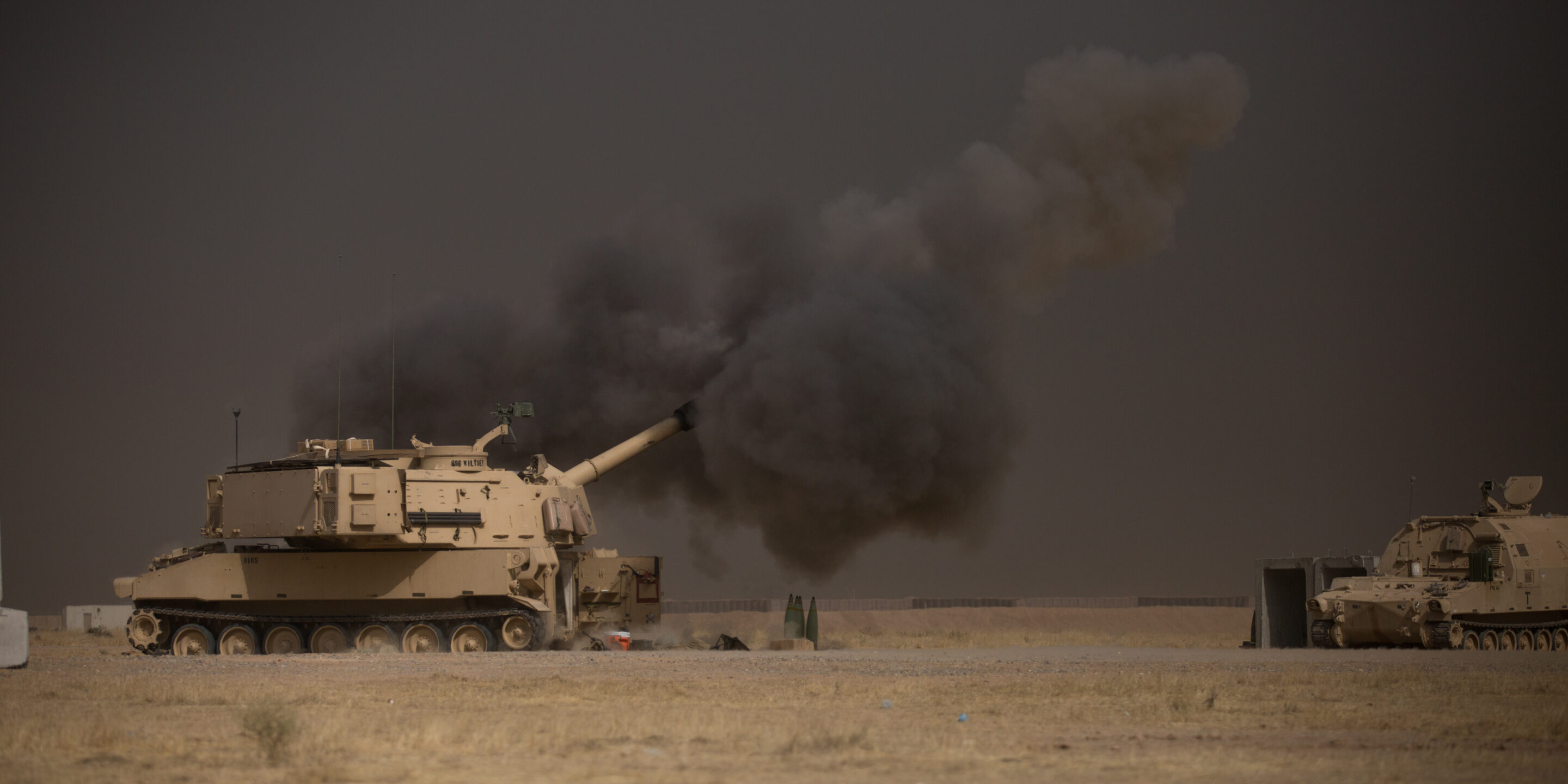November 14, 2023
The U.S. isn’t deterring attacks in Iraq and Syria as it deals with the Israel-Hamas war

In addition to ensuring Israel has what it needs to crush Hamas as well as seeking to alleviate the dire humanitarian catastrophe for Palestinians in Gaza, President Joe Biden’s administration has another critical responsibility on its plate: preventing the war from spreading to other countries in the Middle East.
Senior U.S. officials, up to Biden himself, have repeatedly warned Iran and its network of proxies in the region to think twice before taking advantage of the situation. Using intermediaries in the Lebanese parliament, the U.S. has delivered messages to Hezbollah, the Lebanese proxy that rules southern Lebanon, to not open a second front against Israel. The U.S. also deployed two carrier strike groups in the Middle East, enhancing the U.S. military’s ability to respond to various contingencies as needed.
Thus far, the strategy has appeared to work well enough. The large-scale war Israeli and Lebanese civilians feared after Hamas’ depraved attack in southern Israel more than a month ago fortunately hasn’t come to pass, at least not yet. While Israeli troops and Hezbollah militants have clashed repeatedly over the last few weeks, the incidents have been contained to the Israeli-Lebanese border area.
One can’t say the same thing in Iraq and Syria, where approximately 3,500 U.S. troops are positioned across a constellation of small military bases for the ostensible purpose of keeping the Islamic State terrorist group contained.
More on Middle East

January 2, 2026
Events on Israel-Hamas








